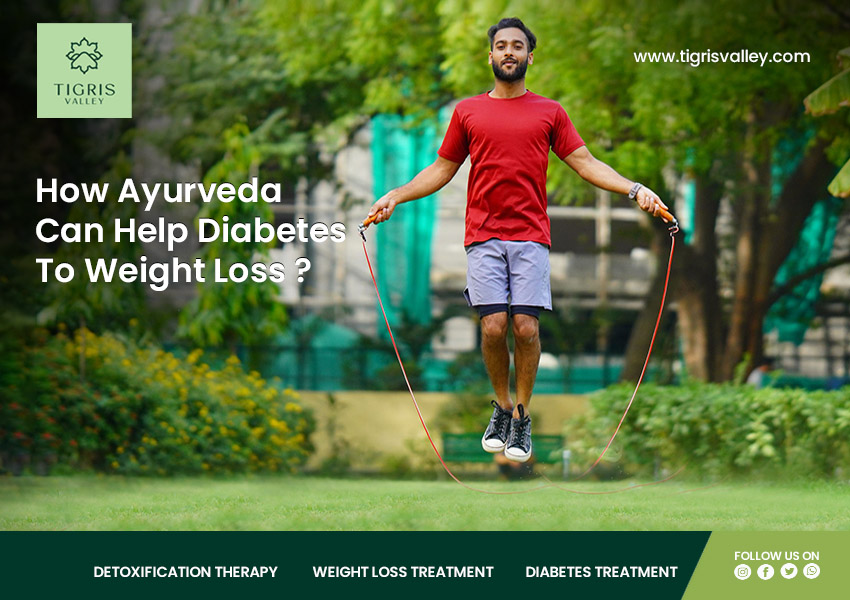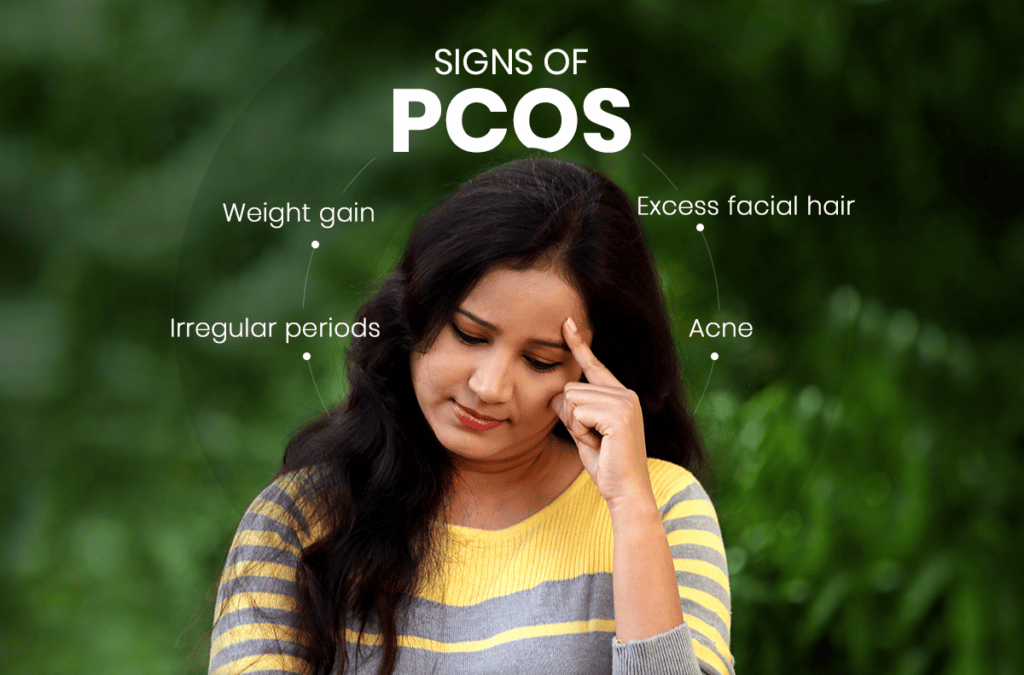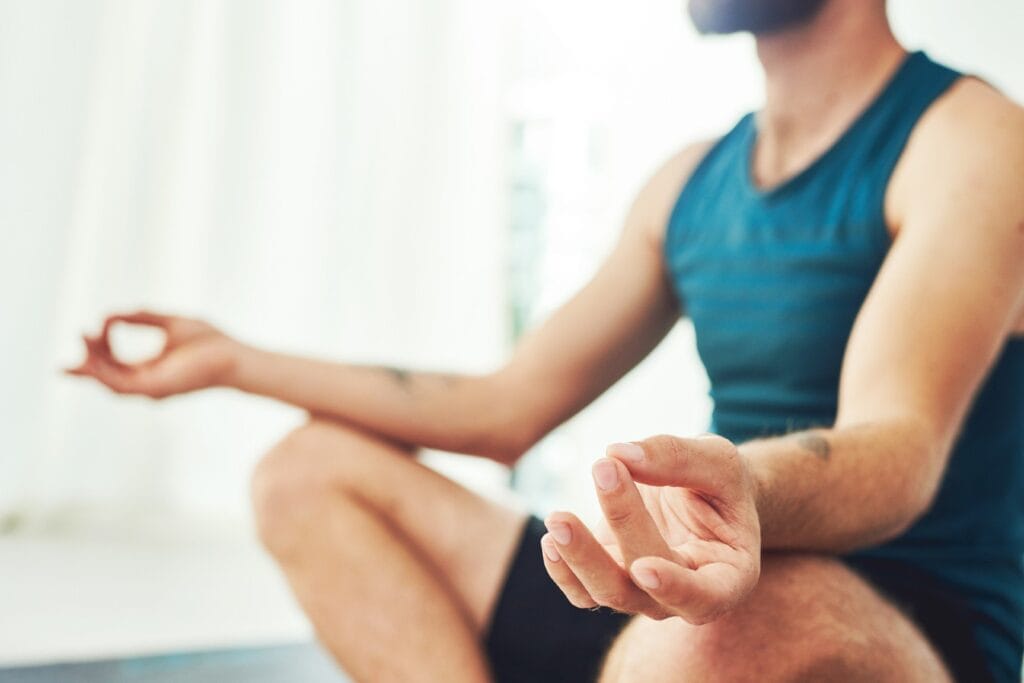Tigris Diabetes Remission: The Holistic Approach towards sweet wisdom
In today’s fast-paced world, diabetes has emerged as a widespread health concern, affecting millions worldwide. At Tigris Valley Wellness Hospital in Kerala, we believe in a holistic approach to diabetes management, focusing not just on symptom control but also on achieving remission through a combination of naturopathic detoxification, Ayurvedic rejuvenation, modern physiotherapy, Unani regimental therapies, diet training, and safe herbal medications.
Naturopathic Detoxification:
Detoxification is crucial in restoring the body’s natural balance and optimizing its healing ability. Our naturopathic detoxification program incorporates various techniques such as hydrotherapy, sauna therapy, and dietary interventions to eliminate toxins and improve overall health.
Ayurvedic Rejuvenation:
Drawing from the ancient wisdom of Ayurveda, our rejuvenation therapies aim to rejuvenate the body, mind, and spirit. Through personalized Ayurvedic consultations and diabetes treatment in Kerala like Panchakarma, we help patients achieve optimal health and vitality while addressing the root causes of diabetes.
Modern Physiotherapy:
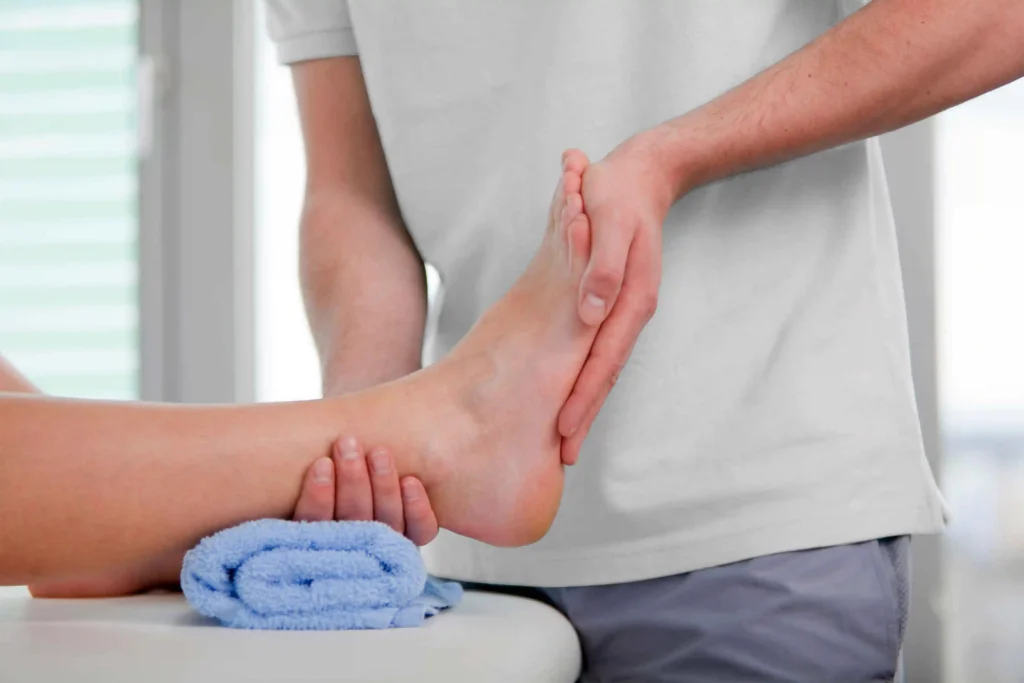
Physical activity is essential for managing diabetes, and our modern physiotherapy services are tailored to each individual’s needs. From personalized exercise in diabetes reversal programme to advanced therapeutic techniques, our physiotherapists empower patients to lead active, healthy lifestyles and manage their diabetes effectively.
Unani Regimental Therapies:
Unani medicine emphasizes the importance of lifestyle modifications and regimental therapies for promoting health and preventing disease. At Tigris Valley, our experienced Unani practitioners utilize traditional therapies such as cupping (Hijama), massage (Dalk), and exercise (Riyazat) to support diabetes remission and overall well-being.
Diet Training:
Nutrition plays a pivotal role in diabetes management, and our team of dieticians provides comprehensive diet training tailored to individual needs and preferences. Through education, meal planning, and ongoing support, we empower patients to make informed dietary choices and achieve sustainable results.
Safe Herbal Medications:
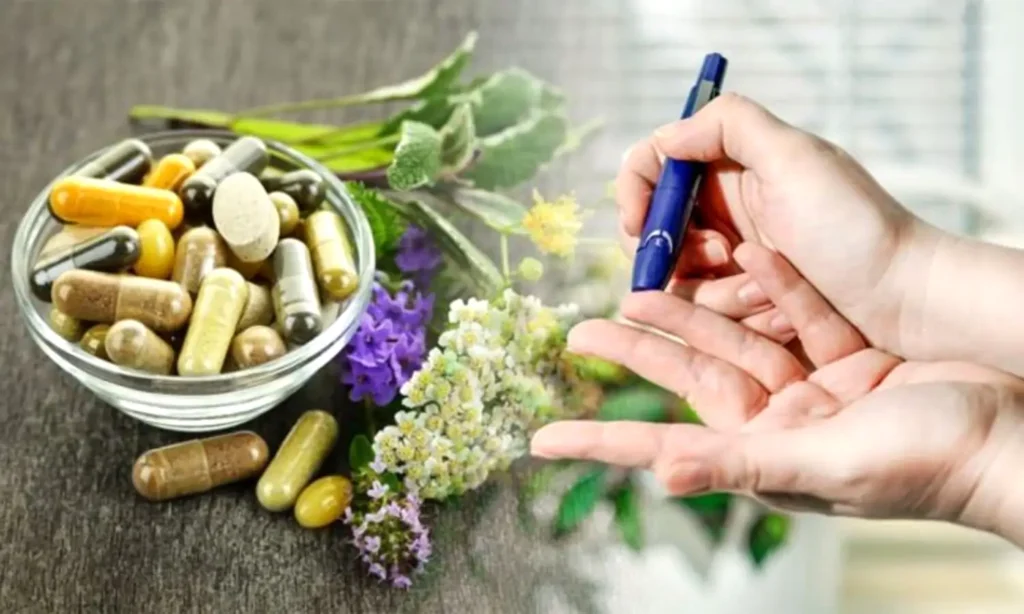
Herbal medicine has been used for centuries to manage diabetes, and at Tigris Valley, we offer safe and effective herbal medications as part of our integrative approach. Our experienced herbalists prescribe evidence-based herbal remedies to complement other diabetes treatment and support diabetes remission.
Conclusion:
At Tigris Valley Wellness Retreat, we are committed to helping individuals achieve diabetes remission through a holistic approach that addresses the condition’s root causes. By combining naturopathic detoxification, Ayurvedic treatment for diabetes, modern physiotherapy, Unani regimental therapies, diet training, and safe herbal medications, we empower our patients to reclaim their health and live life to the fullest. Join us on the journey to optimal wellness at Tigris Valley.





